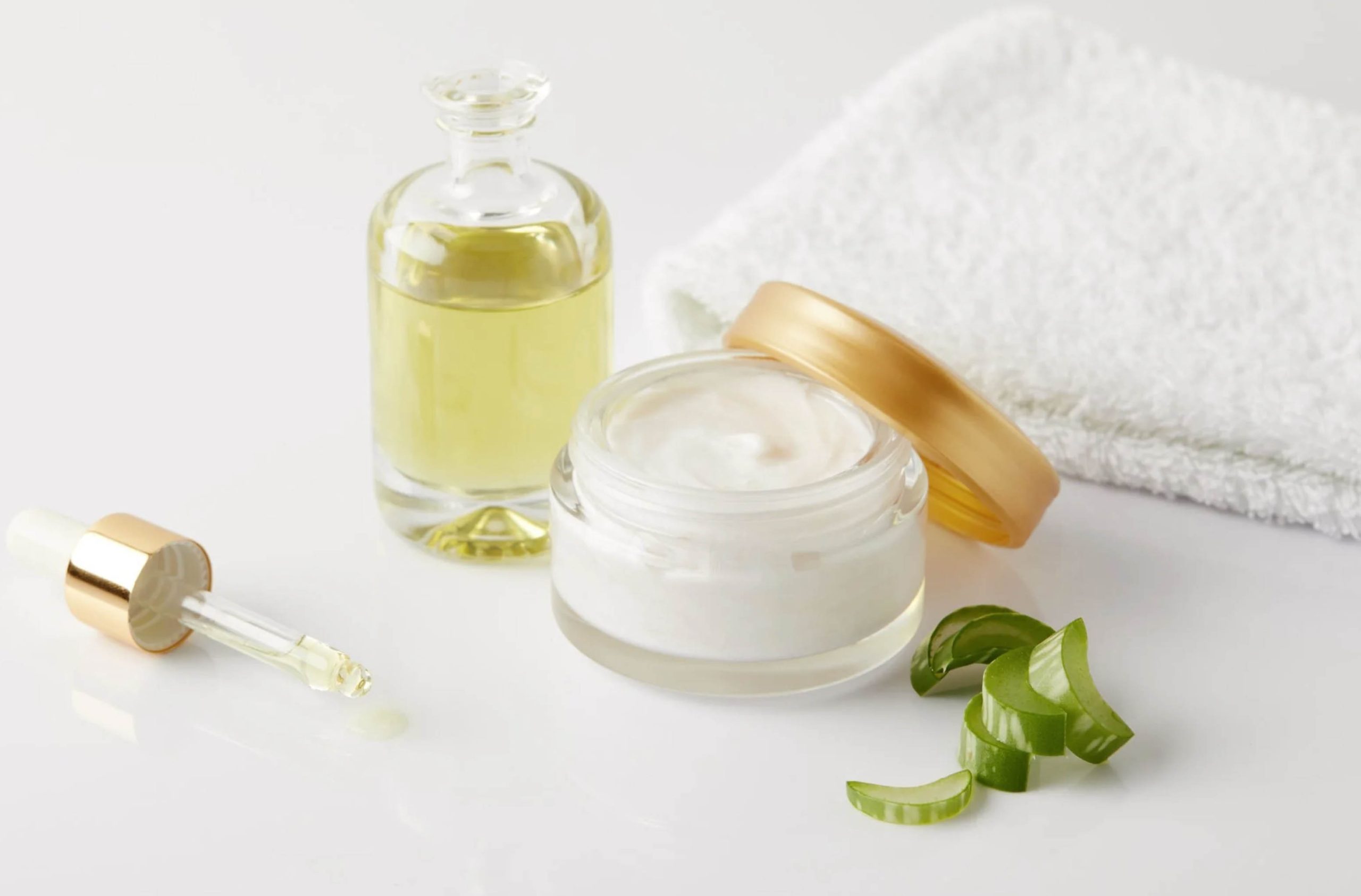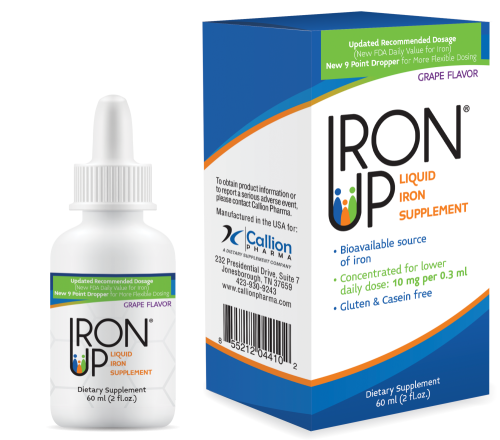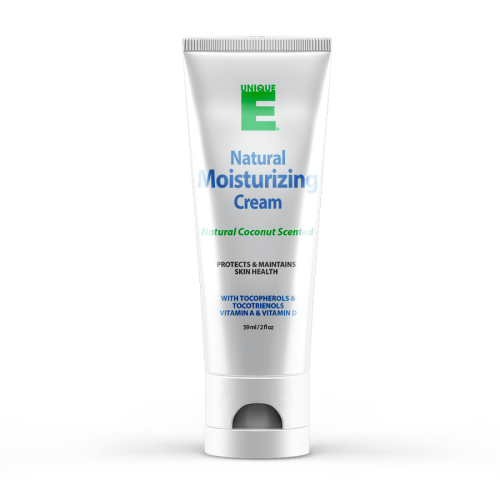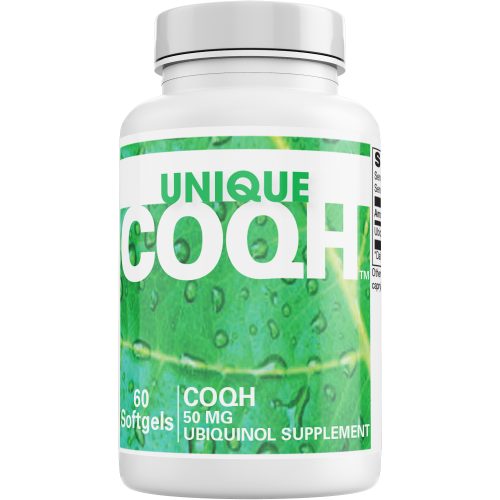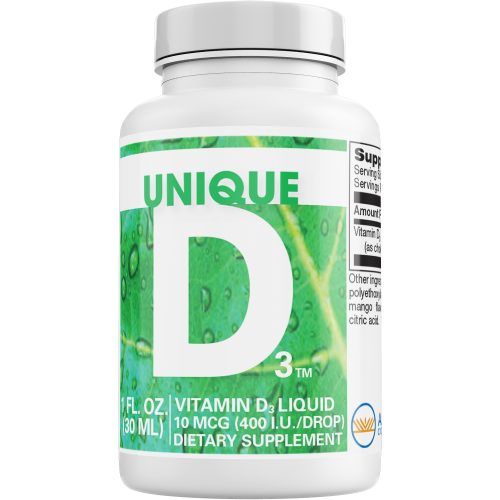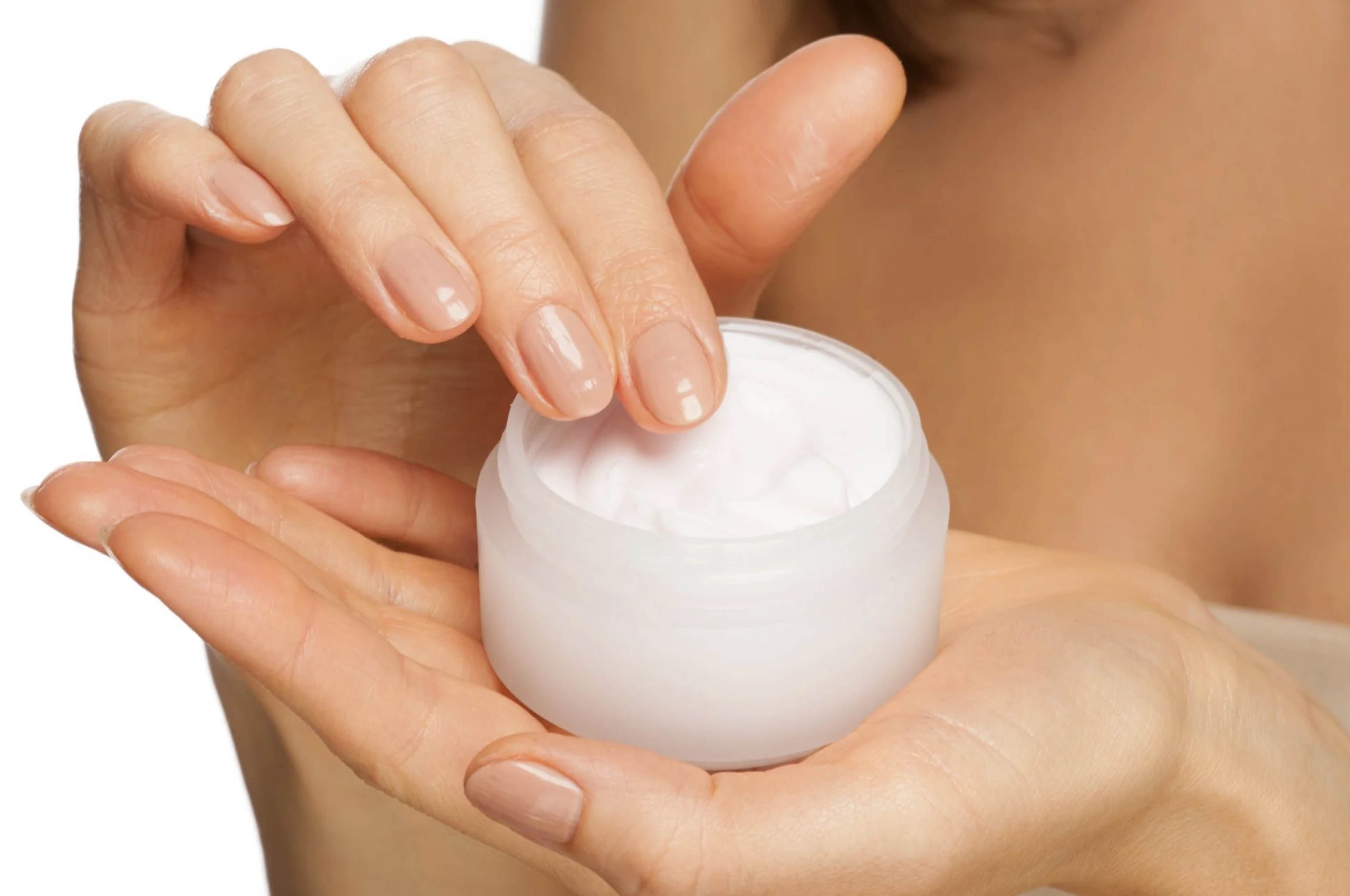
Over the last several years, there’s been a lot of buzz about the effectiveness of anti-aging topicals like lotions, creams and masks. The star ingredient in many of these products is Vitamin E. This nutrient has been gaining traction in both the medical and beauty community as an antioxidant and anti-inflammatory, benefitting the body from the inside out.
When it comes to Vitamin E and skin health and appearance, many people find that topical products can reduce inflammation and fight the signs of aging. If you’re interested in preserving the look and feel of your skin, read on to learn more about how Vitamin E can provide significant benefits—no matter how it’s applied.
Vitamin E skin treatment options
There are a variety of effective techniques for incorporating Vitamin E into your skincare routine. Whether you prefer applying a lotion or cream for everyday nourishment or a homemade mask to give your skin a one-time boost of antioxidants, here are some of the typical ways you can apply Vitamin E topicals:
- Lotions and creams. A moisturizer enriched with Vitamin E is an excellent option for renewing the look and feel of your skin. Keep in mind that Vitamin E lotions have a thicker consistency that sometimes makes it difficult for you to apply makeup directly over top. While you can use these products during the day, they’re ideal for nighttime use.
- Oils. Vitamin E oils help you achieve supple skin and a dewy, hydrated and moisturized texture. Specially formulated oils are designed to penetrate deeper into the skin, delivering a powerful dose of the nutrient that promotes repair and regrowth.
- Spot treatments. You can use either pure Vitamin E oil or products with high alpha-tocopherol content as a spot treatment for acne scarring. Apply to the area of concern and let it absorb into your skin, then blot dry to remove excess product. Acne sufferers should avoid doing this treatment overnight, since the consistency can clog pores in already acne-prone areas.
- Overnight treatments. Use Vitamin E oil or anti-aging creams as an overnight skin treatment. Simply apply a serum or oil mixture containing Vitamin E, letting it completely absorb into your skin. Most anti-aging creams have a high enough Vitamin E concentration to benefit your skin, but you could also use pure Vitamin E oil for even more potent effectiveness.
- Vitamin E masks. There are plenty of skin-softening and anti-aging masks on the market that feature Vitamin E as a key ingredient, often working in combination with vitamin C. You can even create your own Vitamin E mask from ingredients you have at home. Combine a Vitamin E oil with skin-soothing almond oil, mashed avocado, honey and a light squeeze of fresh lemon juice. Apply the mask to your face for 20 to 30 minutes for clearer, brighter and softer skin.
Don’t forget about oral supplements
While topicals can be highly effective for restoring and renewing your skin, it can often be just as good to treat your skin from the inside out. Boosting your daily intake of Vitamin E can give your body the antioxidants it needs to fight oxidation and inflammation. Not only will your skin look and feel better hydrated, you’ll also keep those fine lines, wrinkles, dark spots and other blemishes from taking a toll on your complexion.
Unfortunately, it’s not as easy as it may seem to increase your daily Vitamin E intake. While the nutrient is abundant in many whole foods, they’re also foods that contain a significant amount of fat. Pressed oils like safflower, sunflower, hazelnut and almond—as well as nuts and fatty fish—are excellent sources of Vitamin E, but they also come with a lot of calories.
Many people find it convenient to supplement Vitamin E to give their body a healthy antioxidant boost. Before making a decision, speak with your doctor to determine whether this is a wise option for you, and choose an all-natural supplement that can feed your skin with the most nutrients.
Talk to a dermatologist before using products
If you’re concerned about the appearance and health of your skin, don’t hesitate to make an appointment with a dermatologist. No matter what you’re putting on your skin, there’s a potential for a reaction to occur. Before using any topical skincare products, and before making the decision to take a supplement, get approval and advice from a medical professional for your safety and peace of mind.

